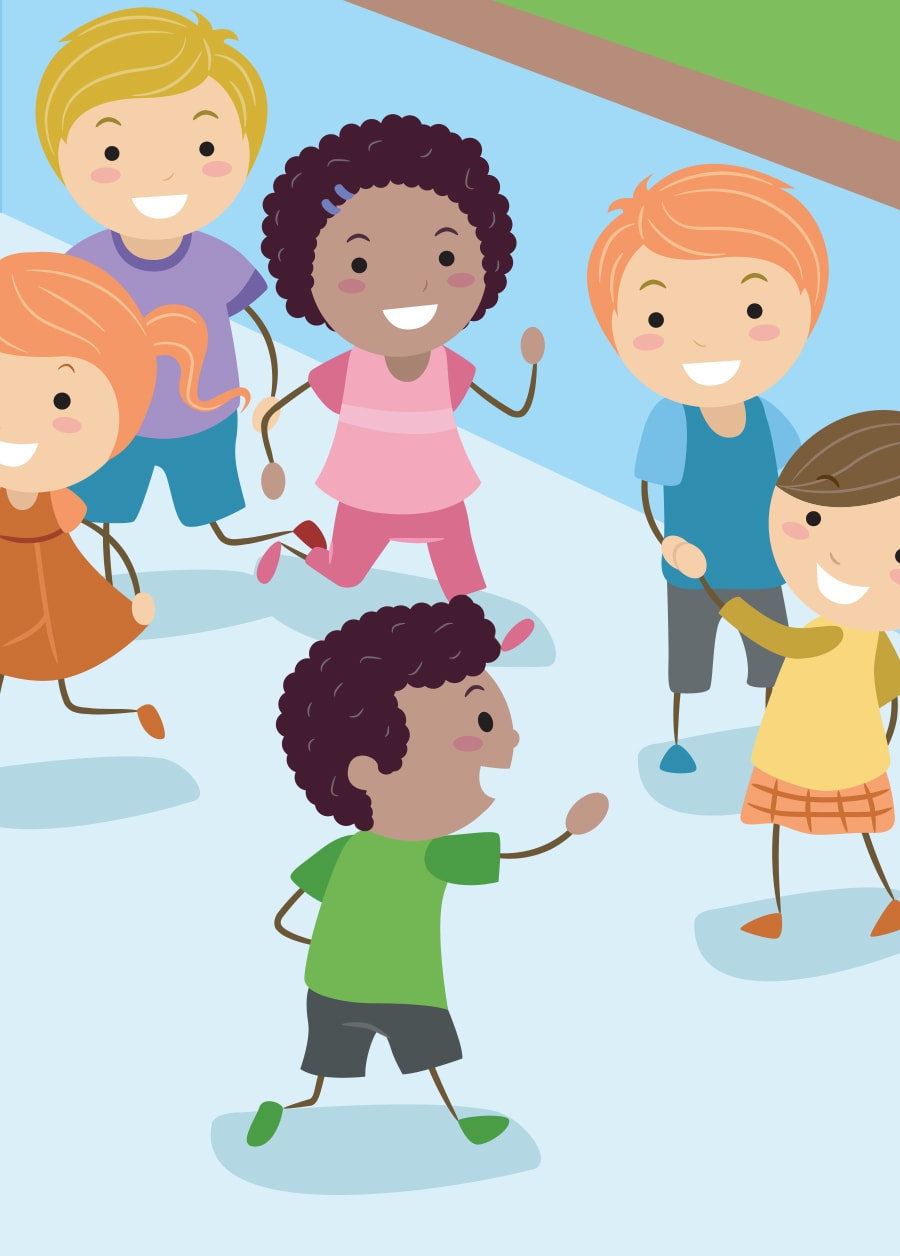Special Awareness Days
April 22nd - Earth Day

Ready to Order?
If you are ready to order, please contact Customer Service:
Telephone: 1 (800) 361-6128 Fax: 1 (800) 563-9196
Introduction
The first Earth Day occurred on April 22nd, 1970, when 20 million Americans organized a protest to acknowledge environmental ignorance and demand a new way forward for our planet.
In 1990, Earth Day went global, mobilizing 200 million people in 141 countries and lifting environmental issues onto the world stage. The focus is to employ innovative thinking that can help to restore the world’s ecosystems and address the climate crisis.
There is a lot that we can do to play our part in sustaining life and restoring our Earth now, while we still have a chance. For more information on this year’s theme and activities, visit the Earth Day website. Students may also enjoy news about further events and celebrations, plus a look back at past years’ Earth Day themes.

Activity Bursts
(K-2) Social Studies, Environmental Conservation, Advocacy, Music
Using a Globe or world map, locate your city or town. From that point, expand to show the province or territory where you reside, the country of Canada, the continent of North America, and finally, the world. Point out major oceans and Canada’s major lakes and rivers and the vast expanse of our territories.
Ask:
- What did you notice about the world? (Size? Shape? Amount of water? Etc.)
- What did you notice about our country of Canada?
Discuss your particular location. Is it urban? Rural? Does it have parks and play spaces? Does it have any farming? Are there places to swim and fish?
Explain that we are so lucky to live in Canada, as it is full of natural resources. Ask students to tell you what they think “natural resources” means. Discuss responses.
Remind students that it is very important to keep our surroundings clean and safe so that we can enjoy them for a long time.
Read the book “We’ve Got the Whole World in our Hands” by Raphael Lopez, or view the following YouTube video version of the song. Make your own version. Practise, add actions, and sing together to celebrate Earth Day!
Alternate idea: After discussing conservation, take your students on a nature walk and ask them to make lists or drawings of all the “wonders of nature” they see on their hike. When you return to the classroom, discuss how important it is to preserve the natural environment, not only for them but also for the future.

(3-5) Environment Conservation, Advocacy Skills, Language Arts, Drama, Music, Fine Arts
Ask:
- What do you think the term climate change means?
- Do you feel that our Earth is in danger because of climate change? Explain.
Explore the information about climate change from NASA’s Climate Kids site.
Ask:
- What did you learn about climate change and the Earth?
- What is the difference between weather and climate?
- What is the greenhouse effect?
Have students brainstorm small ways that they could make a difference by reducing the effects of climate change. Share and identify a few practical suggestions that can be carried out by the class. Here are some ideas:
- Plant a garden or a tree.
- If safe and appropriate, hold a “White Elephant Sale” or exchange to re-use toys, games, and other items.
- Create a commercial, poster, play, or video about eliminating single-use plastic bags.
- Follow the 3 R’s at all times: reduce, re-use, recycle.
Additional fun activities can be found on the Climate Kids site.
Take action and complete at least one identified task.
Close by congratulating students for playing their part in helping to save their planet!
(6-8) Environmental Science, Advocacy, Responsibility
Ask:
- What is climate change?
- What are the harmful effects of climate change on our environment?
- Is there anything we can do to reduce these harms?
Explain that there are ways to get together and make a difference. One of those ways is to become an advocate for change and take action.
Ask students to explain what the term “eco-anxiety” might mean. Do any of them feel concerned about the present and future state of our environment and natural resources? Are they actively concerned about climate change? Discuss.
Review the tips to deal with eco-anxiety that can be found on the CBC Kids News site. Ask:
- What do you think are the most valuable tips from this article?
- What additional tips would you add?
- How can kids your age make a difference in efforts to restore and preserve our earth?
After discussing student responses, have them brainstorm ways to demonstrate their commitment to reduce the effects of climate change:
Here are a few ideas:
- Make a short video to share with others. The video should focus on the following:
- What is climate change?
- How is it affecting our planet?
- What are some small things we can all do to reduce the effects of climate change?
- Write to your local community newspaper to express your concern about climate change and make suggestions to reduce its impact.
- Create a play, poem, reader’s theatre or other way to share information and strategies about climate change.
Close by reminding students that we all have a responsibility to help to reduce the impact of climate change. Congratulate them for being advocates for change and taking action!






